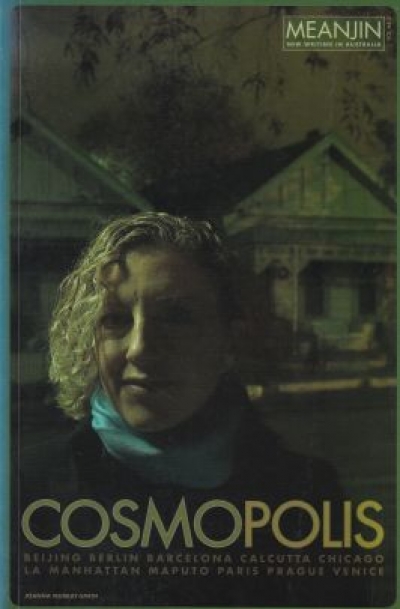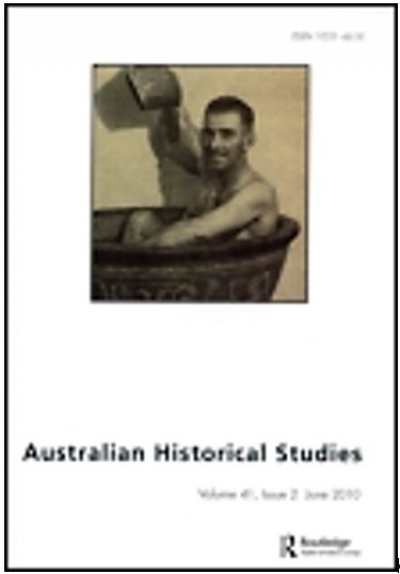Journals
Famous Reporter edited by Ralph Wessman et al. (eds) & Etchings edited by Sabine Hopfer, Christopher Lappas and Patrick Allington
by Georgina Arnott •
Australian Historical Studies edited by Joy Damousi & Australian Historical Studies edited by Shurlee Swain and Stuart Macintyre
by Lyndon Megarrity •
Space edited by Anthony Lynch and David McCooey & Island 105 edited by Gina Mercer
by Geoff Page •
Meanjin edited by Ian Britain & Overland 183 edited by Nathan Hollier
by Geordie Williamson •
Wet Ink, Issue 1 by Phillip Edmonds and Dominique Wilson & Wet Ink, Issue 2 by Phillip Edmonds and Dominique Wilson
by Lisa Bennett •
Antipodes: The North American journal of Australian literature, Vol. 19, No. 2 by Nicholas Birns
by Melinda Harvey •
‘The best preserve of our humanity’, Ian Britain writes in his editorial to this edition of Meanjin (Only Human, 63:1, edited by Ian Britain $19.95 pb, 236 pp), remains words. Whatever ‘our humanity’ is, it is protected, kept alive, maintained, conserved – in language. ‘[C]ertainly’, he clarifies, in the ‘honed, considered words of the good … literary artist’, but perhaps even in ‘verbiage’.
... (read more)Australian Historical Studies edited by Joy Damousi & Australian Journal of Politics and History edited by Andrew G. Bonnell and Ian Ward
by Travis Cutler •
Metre: A magazine of international poetry edited by Simon Caterson
by Ann Vickery •




